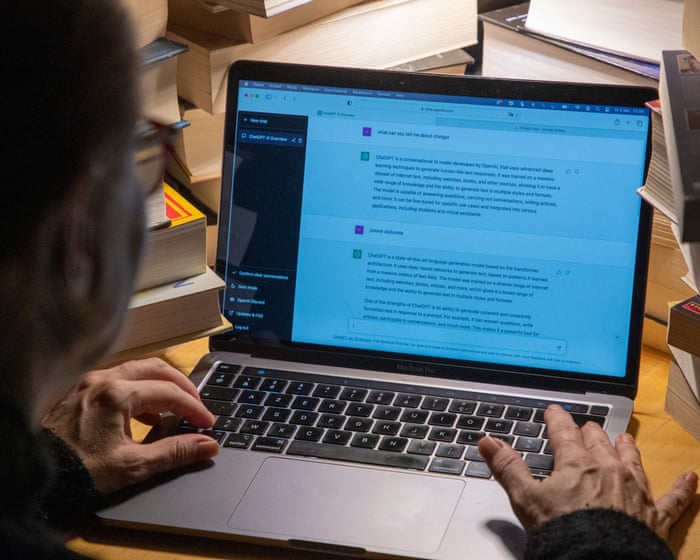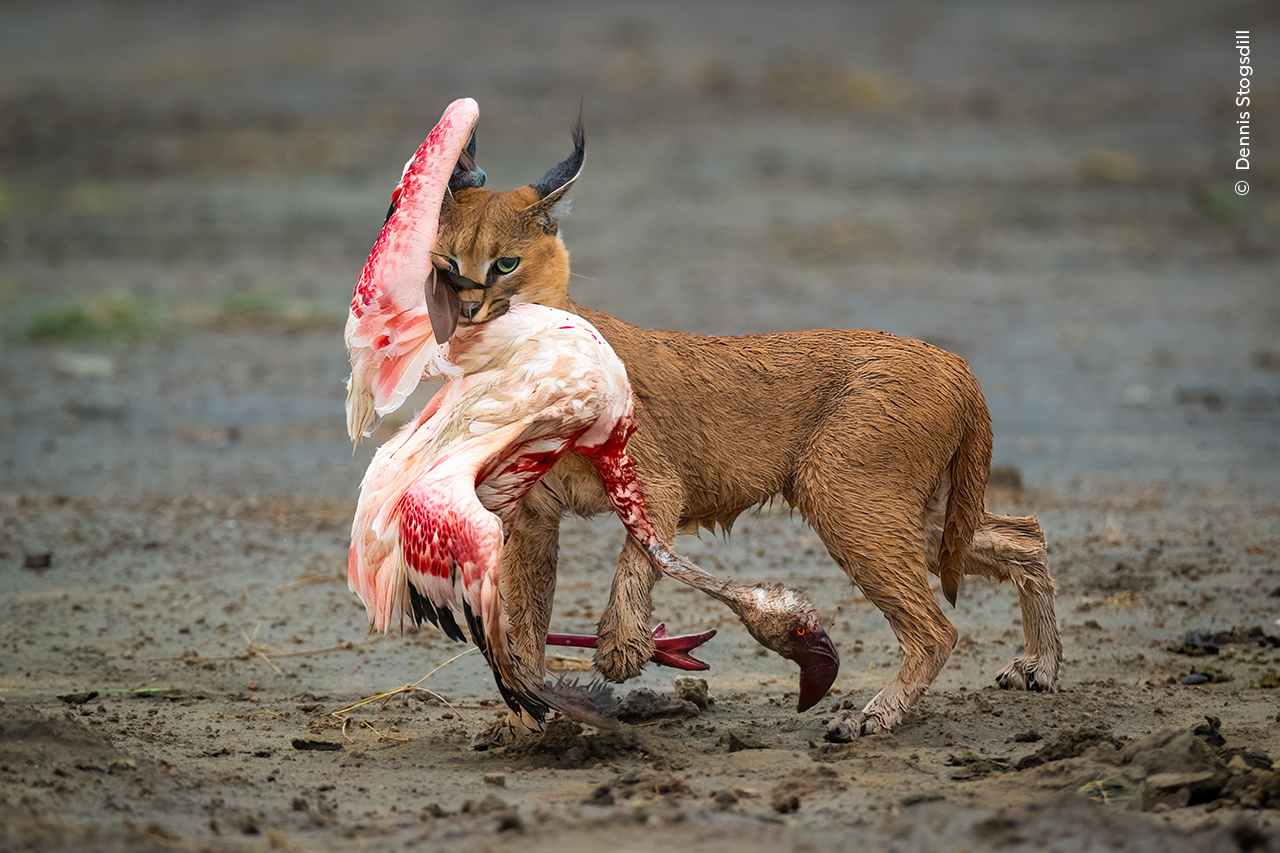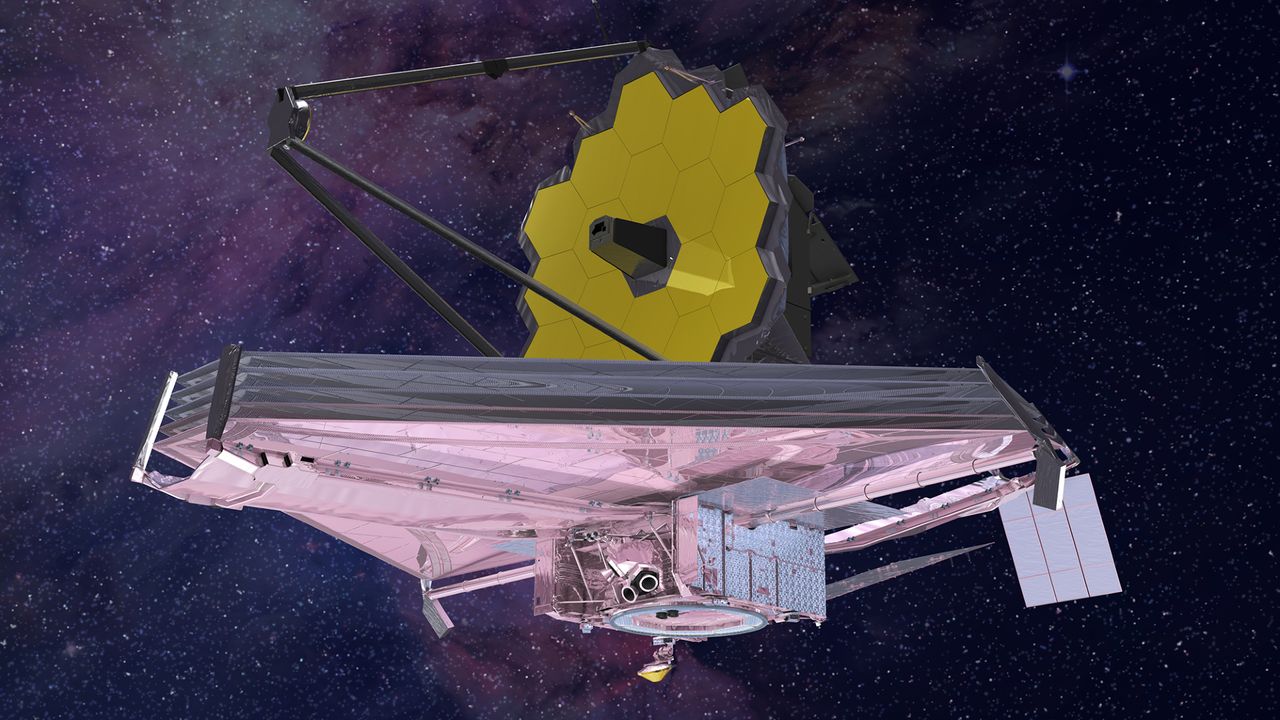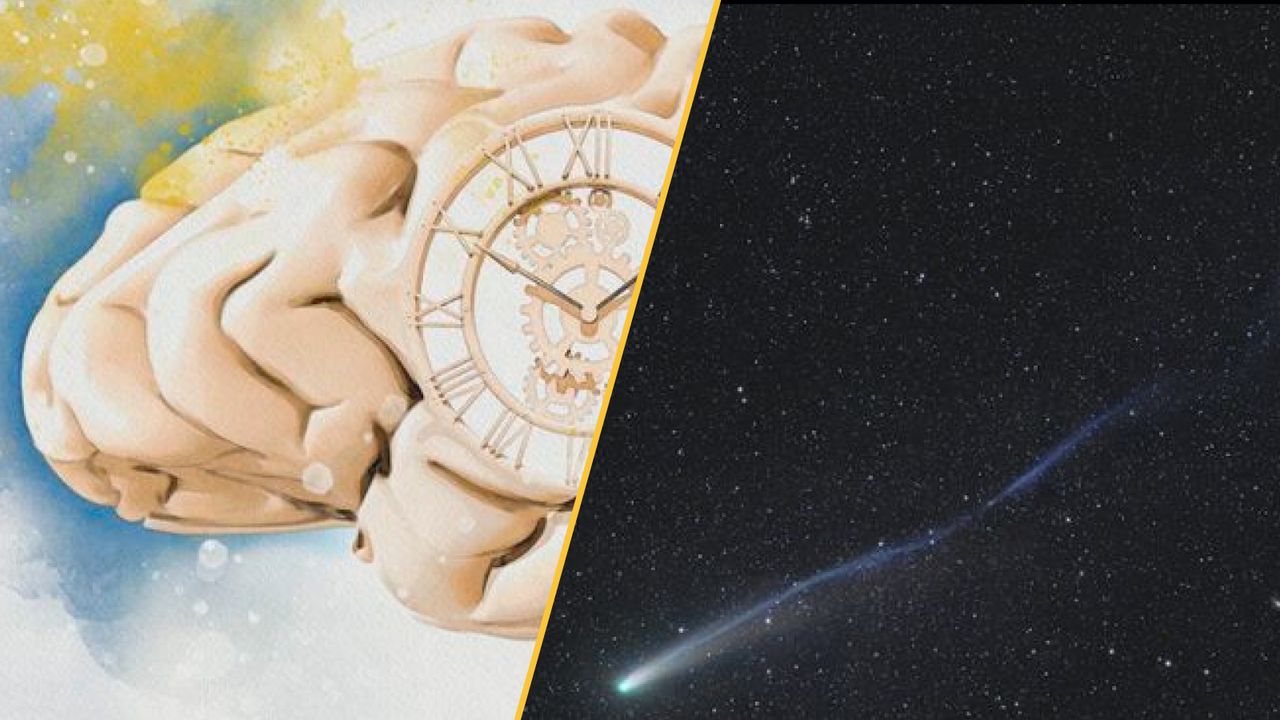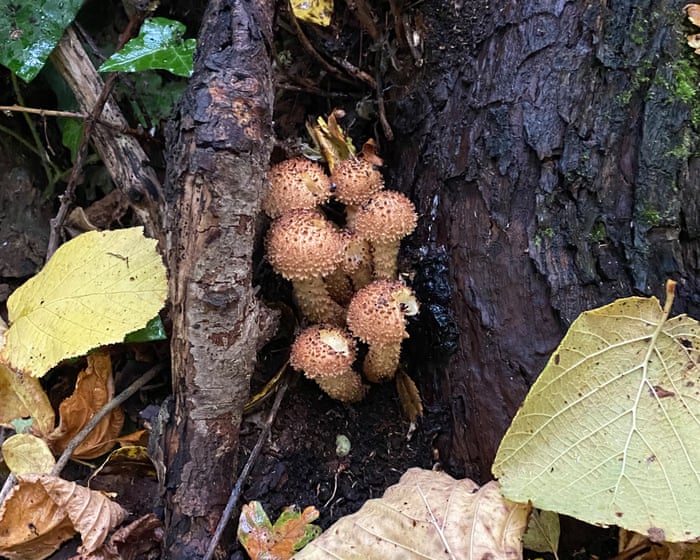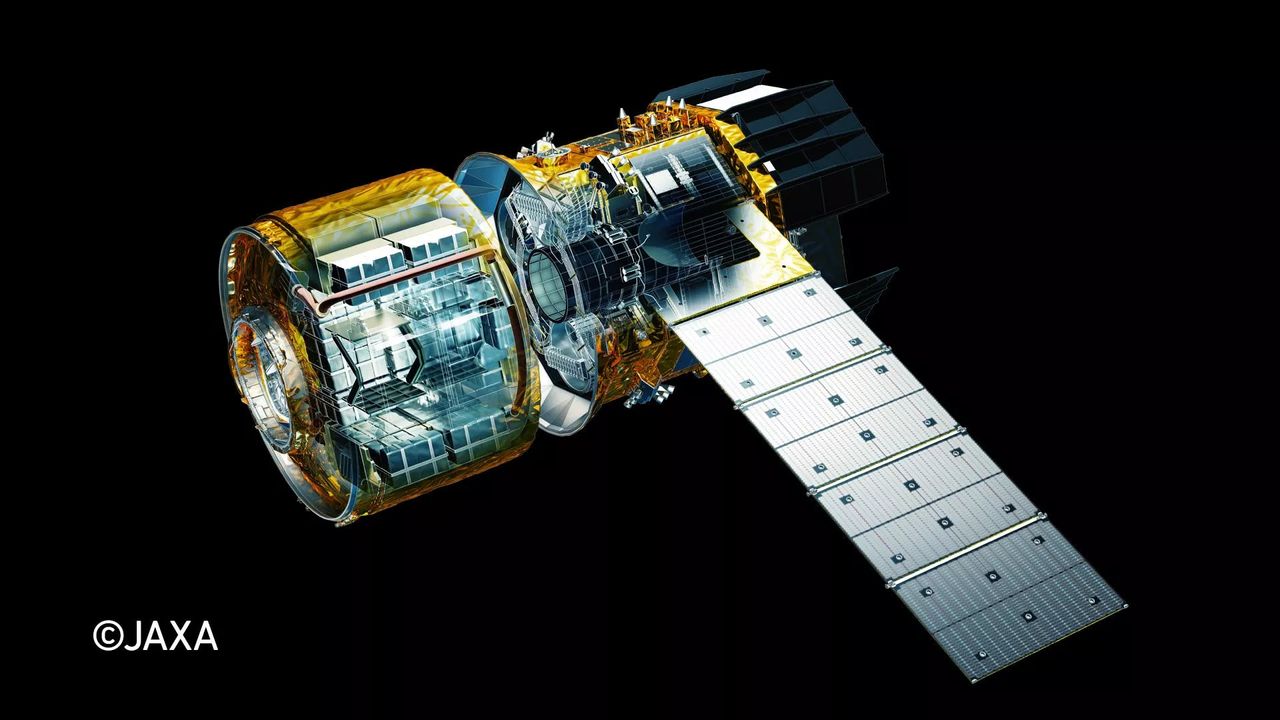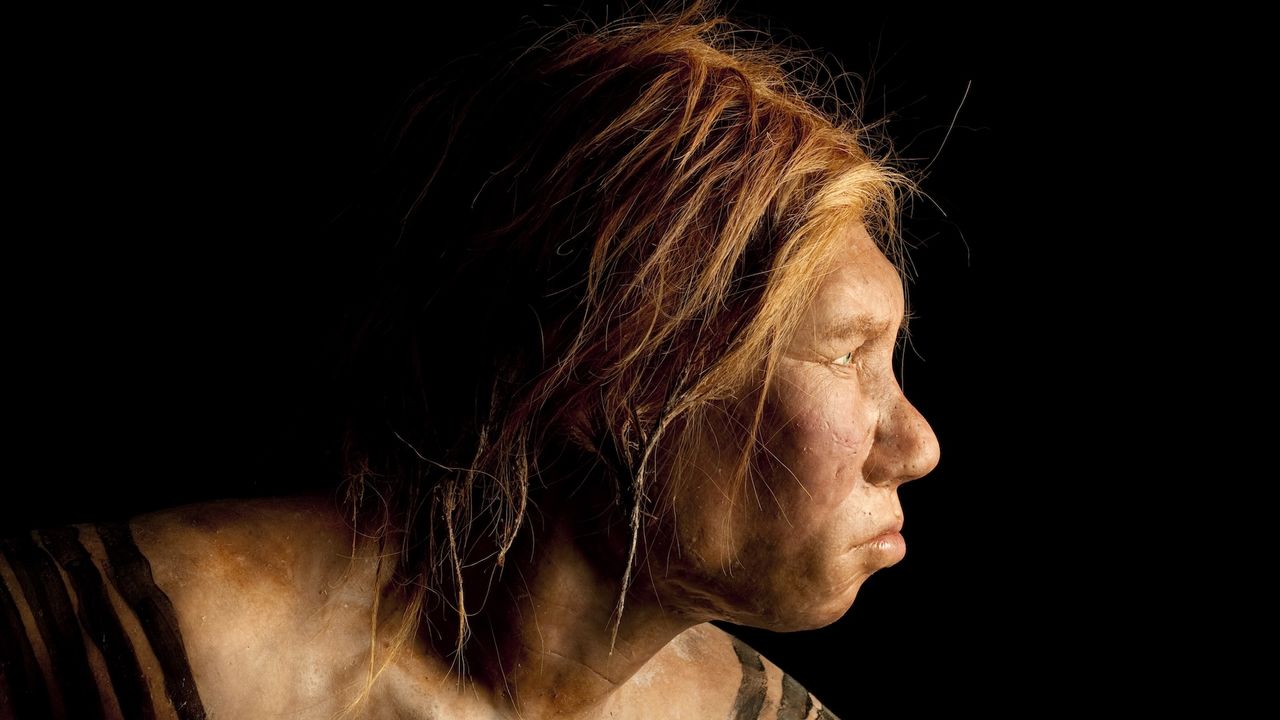The Guardian view on a bumper crop of horror: scary times call for even scarier films | Editorial
PositiveScience

The Guardian highlights the emergence of a new wave of horror films in 2025, which are not only entertaining but also socially relevant, reflecting the fears of our times. This surge in horror cinema is significant as it showcases how filmmakers are using the genre to comment on contemporary issues, particularly the anxieties surrounding technology and artificial intelligence. As audiences flock to theaters, these films are reshaping our understanding of horror and its role in society.
— Curated by the World Pulse Now AI Editorial System
